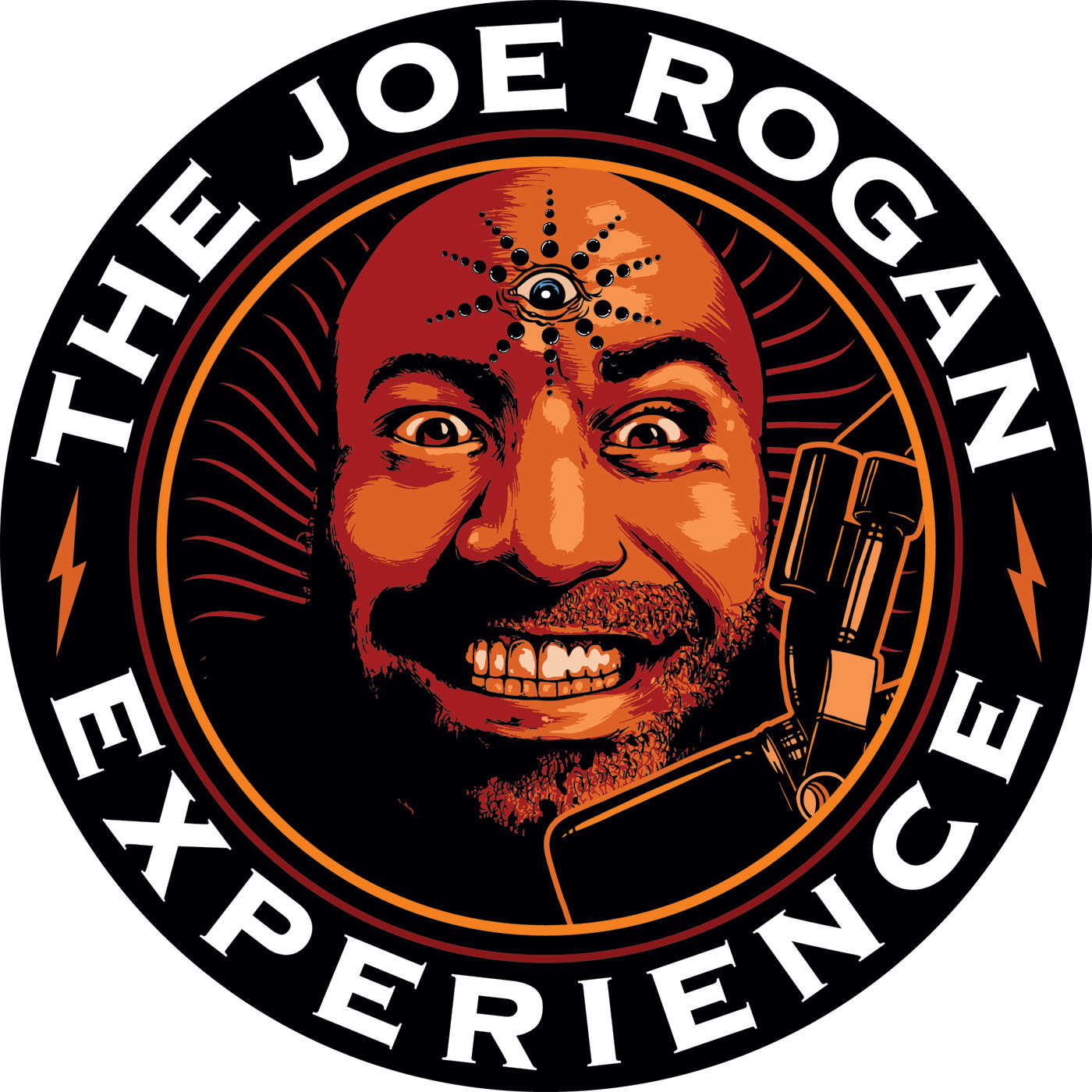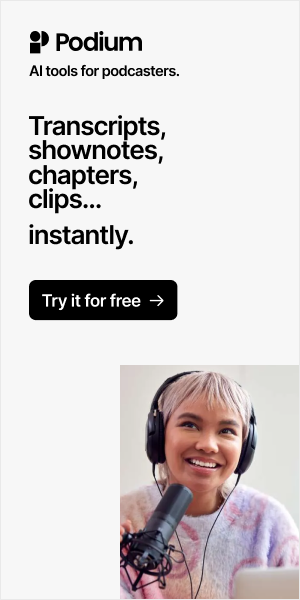Ranked #1

Millennial Entrepreneur Fireside Chat Interview for Startup Grind
Millennial Entrepreneur Fireside Chat Interview for Startup Grind
Join us to hear startup and social media marketing insights from leading young foodie entrepreneur, Andy Nguyen!Andy is ... Read more
14 Jul 2017
•
45mins
Ranked #2

MasterMinds Startup Coaching Strategy Meetup #3
MasterMinds Startup Coaching Strategy Meetup #3
Tune in for real life questions from real life startup founders and entrepreneurs, answered and discussed by Scott Fox a... Read more
11 May 2017
•
38mins
Ranked #3

Free #Startup #Coaching Hangout Podcast
Free #Startup #Coaching Hangout Podcast
Join us for Scott Fox's special monthly free small business strategy coaching session where Click Millionaires like you ... Read more
14 Oct 2015
•
37mins
Ranked #4

Small Business & Entrepreneur Coaching Hangout #40 - Free Q&A Office Hours
Small Business & Entrepreneur Coaching Hangout #40 - Free Q&A Office Hours
Or, would you like Internet Business Expert and "Click Millionaire" Scott Fox to review your website LIVE and for FREE?W... Read more
16 Sep 2015
•
46mins
Ranked #5

Small Business & Entrepreneur Coaching Hangout #39 - Free Public Office Hours
Small Business & Entrepreneur Coaching Hangout #39 - Free Public Office Hours
Lifestyle Entrepreneurs and Small Business Owners: What questions do YOU have about your small business or internet mar... Read more
15 Jul 2015
•
45mins
Ranked #6

Small Business & Startup Strategy Coaching Hangout
Small Business & Startup Strategy Coaching Hangout
Get free, professional advice from an experienced startup executive and strategy coach, Scott Fox, the Author of Click M... Read more
10 Jun 2015
•
45mins
Ranked #7

Startup Strategy Coaching Office Hours for Click Millionaires
Startup Strategy Coaching Office Hours for Click Millionaires
Free internet business startup strategy coaching is back!Join Scott Fox for a free and fun live Q&A Hangout on G+ to... Read more
18 Mar 2015
•
46mins
Ranked #8

Free Lifestyle Entrepreneur's Coaching Hangout #34
Free Lifestyle Entrepreneur's Coaching Hangout #34
Listen to the latest Video Office Hours simulcast from the ClickMillionaires.com Lifestyle Startup Coaching Forum.Hosted... Read more
18 Feb 2015
•
46mins
Ranked #9

Holiday Hangout for Click Millionaire Startup Entrepreneurs!
Holiday Hangout for Click Millionaire Startup Entrepreneurs!
Our annual Holiday Hangout Video Office Hours Party (with Prizes) brings Scott Fox to your desktop with helpful internet... Read more
17 Dec 2014
•
45mins
Ranked #10

Free Website Reviews & Your Internet Marketing Questions (VOH)
Free Website Reviews & Your Internet Marketing Questions (VOH)
Join the Office Hours podcast from Scott Fox's office at ClickMillionaires.com headquarters!He's taking your questions L... Read more
12 Nov 2014
•
46mins
Ranked #11

Free Lifestyle Business Coaching Q&A Office Hours
Free Lifestyle Business Coaching Q&A Office Hours
What's holding you back in your Internet lifestyle business? What questions do you have about websites, lifestyle busine... Read more
21 May 2014
•
50mins
Ranked #12

Lifestyle Business Coaching Office Hours from ClickMillionaires.com
Lifestyle Business Coaching Office Hours from ClickMillionaires.com
Get your latest internet lifestyle business questions answered for free. Bring your internet marketing questions, websi... Read more
23 Apr 2014
•
58mins
Ranked #13

Lifestyle Entrepreneurs Office Hours from the ClickMillionaires.com Forum
Lifestyle Entrepreneurs Office Hours from the ClickMillionaires.com Forum
Friendly live Q&A Hangout for Internet lifestyle entrepreneurs and aspiring web site startups. Join Scott Fox and m... Read more
22 Jan 2014
•
1hr 4mins
Ranked #14

SEO - Your Questions Answered Live!
SEO - Your Questions Answered Live!
Search Engine Optimization (SEO) can help your website attract free traffic. Call-in to this live Click Millionaires Ra... Read more
5 Jun 2013
•
53mins
Ranked #15

How to Make Money as a Freelance Contractor Online
How to Make Money as a Freelance Contractor Online
Freelancing as an independent contractor is a lifestyle design strategy that can help you reinvent your career, and make... Read more
8 Aug 2012
•
30mins
Ranked #16

How to Blog as a Lifestyle Business (from France)
How to Blog as a Lifestyle Business (from France)
How to Succeed as a Blogger Today? To build a profitable audience as a blogger today, you need to do more than publish a... Read more
15 Jun 2012
•
41mins
Ranked #17

Multi-Level Marketing: New Internet Strategies with Ann Sieg
Multi-Level Marketing: New Internet Strategies with Ann Sieg
Multilevel Marketing online is a big opportunity for Click Millionaires. Or is it? Scott Fox interviews MLM expert, Ann... Read more
9 Apr 2012
•
46mins
Ranked #18

Digital Downloads - Making Money from Information Products
Digital Downloads - Making Money from Information Products
Selling information products by digital file download is a great way to make money online. Learn how to sell digital pr... Read more
10 Oct 2011
•
45mins
Ranked #19

Get Rich Click - Interview with Author Marc Ostrofsky
Get Rich Click - Interview with Author Marc Ostrofsky
Get Rich Click is a New York Times best-seller that can help you learn to make money online.ClickMillionaires.com host S... Read more
13 Jul 2011
•
34mins
Ranked #20

Click Millionaires Easiest Social Media Branding Tip, Small Business Marketing, Blogging and Mobile
Click Millionaires Easiest Social Media Branding Tip, Small Business Marketing, Blogging and Mobile
The easiest social media marketing branding strategy, how to attract more clients for small business professional servic... Read more
30 Nov 2010
•
1hr










